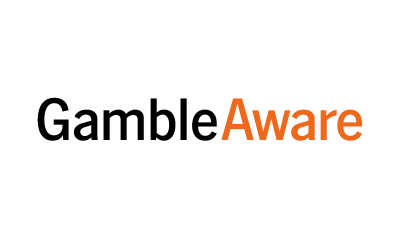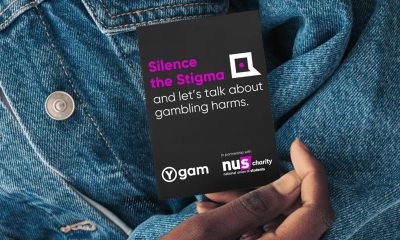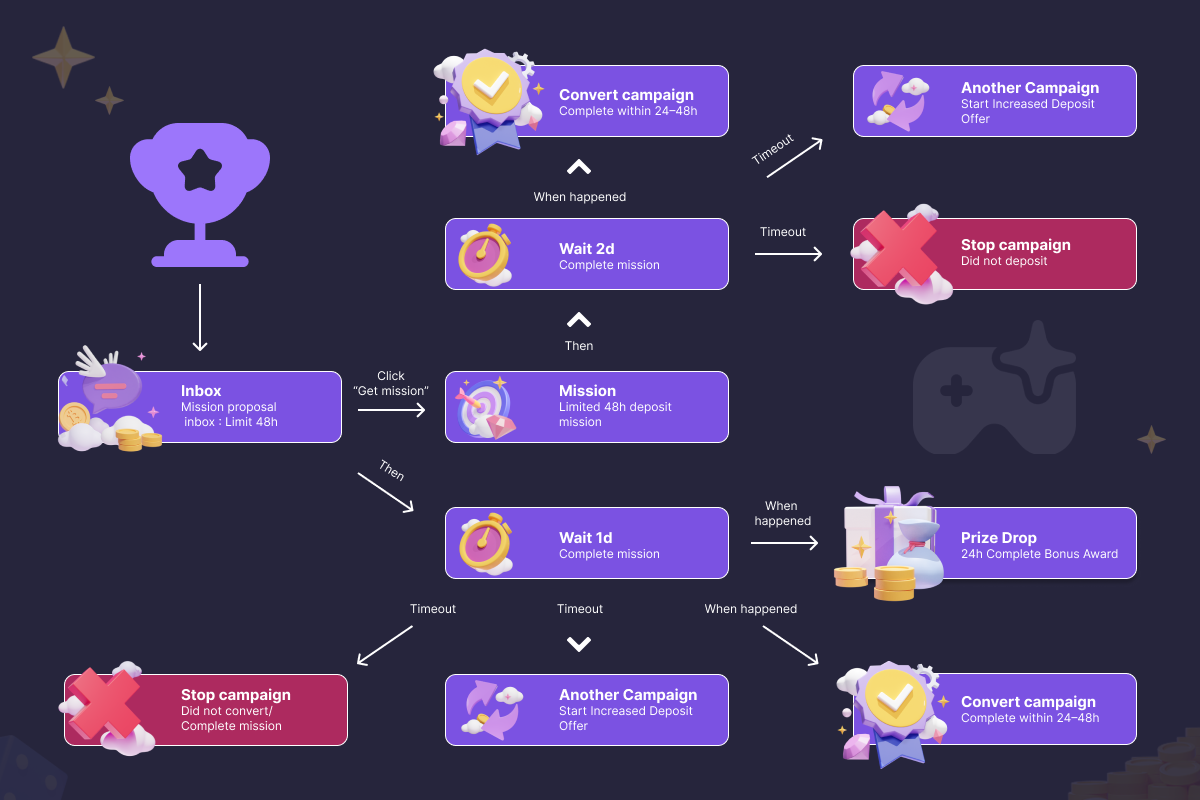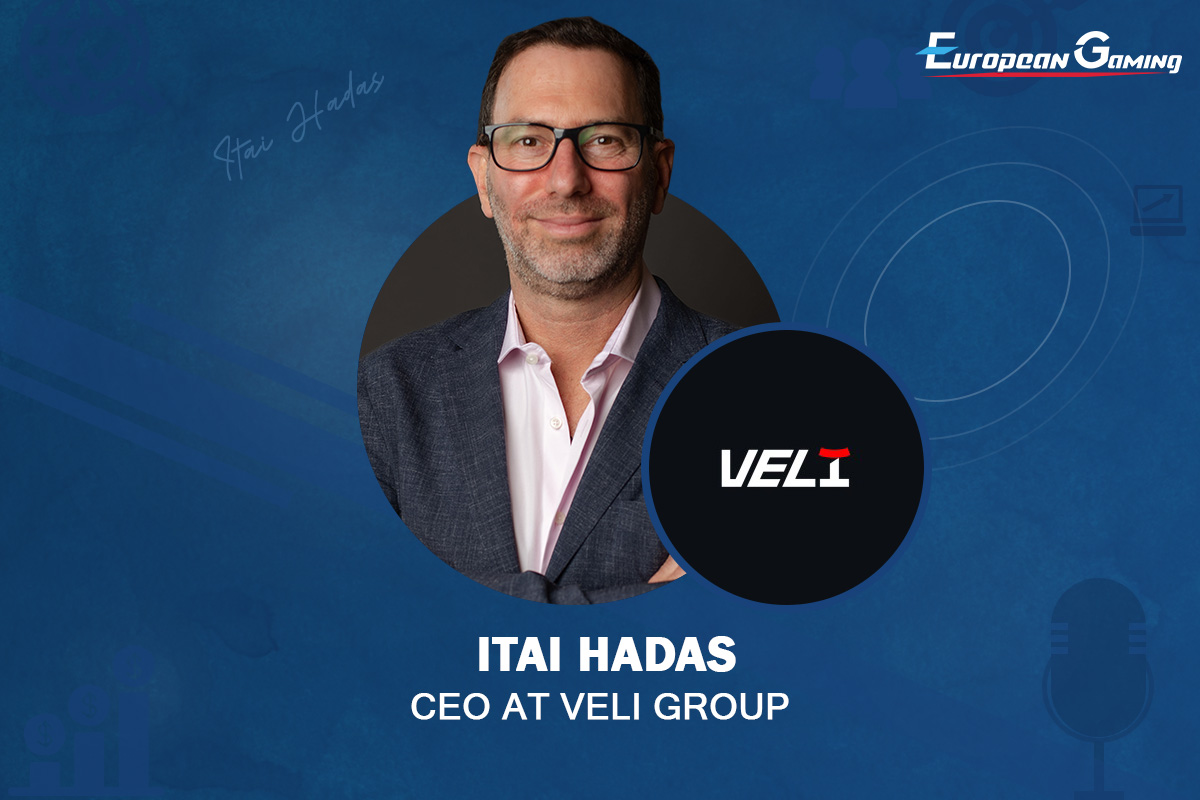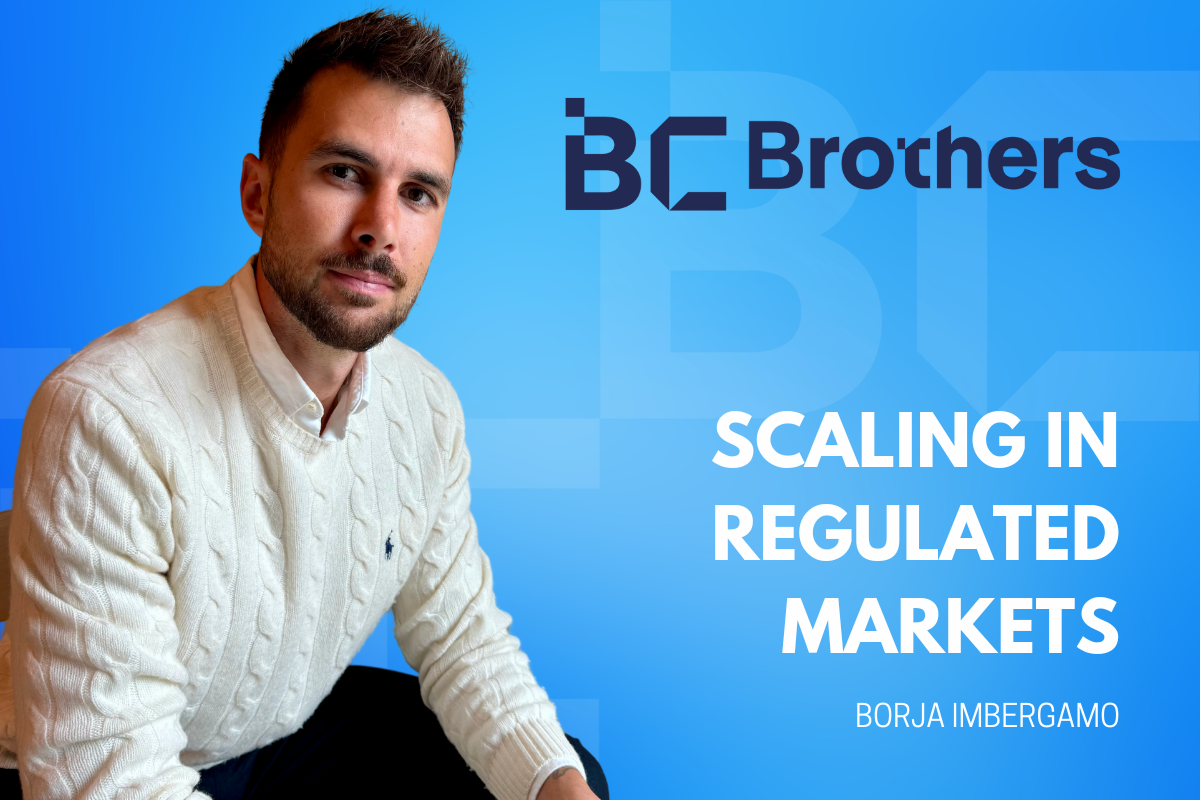Latest News
Two in Three People Experiencing Gambling Problems Keep Issue Hidden

As many as 2 in 3 adults (64%) in Great Britain who have experienced any gambling problem have kept their experience hidden, new research from GambleAware has revealed. With almost 2 in 5 (39%) of those who hadn’t opened up stating feelings of stigma such as shame, guilt and fear of judgement represent key barriers to reaching out for support – the charity is issuing a call to end damaging stigma and encourage those who may be experiencing gambling harms to “open-up about gambling”.
Zoë Osmond, Chief Executive of GambleAware, said: “It’s alarming to see the number of people who are struggling in isolation. As a hidden addiction, gambling harms can be incredibly hard to spot from the outside. It is therefore critical that people impacted are aware of the wide range of support services available, and that they feel safe to come forward. Anyone can be impacted by gambling harms, but the first step is to open up and have that first conversation, ideally as early as possible.”
The campaign launch comes as research also suggests that most of the public believe certain gambling products, such as instant win games, are addictive, indicating how gambling harm can affect anyone and the importance of building empathy for those experiencing harm. Specifically, over seven in ten (71%) respondents said they believe instant win games are very or fairly addictive, followed by 64% for scratch cards and 62% for casino games.
Noteworthy football commentator Clive Tyldesley said: “I think that since I’ve started to work with charities and meet and talk with both people who gambled which were in recovery and bereaved family members, the thing that has struck me is how normal and unremarkable their backgrounds invariably are. Harmful gambling really can affect anyone and very often those suffering show no outward signs of their issues. It’s a silent, invisible problem because too often the gamblers disappear into their own feelings of embarrassment and guilt. They think they’re to blame when they are not, they think they’re alone when many others are wrestling with the same issues. Getting them to open up and talk is half the battle to beating the problem, either with people close to them or via the professional support the GambleAware website offers. The first conversation is maybe the most difficult but it’s the most soothing and the most important too.”
Professor Dame Clare Gerada said: “When I opened the doors of the nation’s first Primary Care Gambling Service a few short years ago, I was a relative newcomer to the challenges surrounding gambling. However, since then, my eyes have been thoroughly opened.
“Gambling is an addiction which can only be described as ‘uniquely’ awful: the ruin it wreaks on people’s lives can be complete and multi-layered; the collateral damage is also considerable as families and loved ones suffer alongside. Its inherently hidden nature means that, at the moment, people have to see their lives collapse around them before they get the help they desperately need. It doesn’t need to be like this. There is an incredible breadth of support service, from how to deal with debt, to how to stop gambling completely which people can access for free through the National Gambling Support Network, and I urge anyone concerned about their gambling to do so.”
Positively, the research also supports the benefits of opening up, as three out of four (76%) who had talked about their problems stated they felt better after speaking to someone. With gambling harms often manifesting as intrinsically “hidden” and isolating, GambleAware is aiming to bring to the surface the power of conversations and provide reassurance that help is never far.
The campaign has been developed in close collaboration with the gambling harms lived experienced community, and is supported by a range of expert and influential voices including ex-Love Islander Scott Thomas, who has previously experienced gambling harms.
Scott Thomas, Entrepreneur and Presenter, said: “It’s an incredibly scary thing to first tell someone that you’ve got a gambling problem. Many people assume it’s just because you can’t handle your money, but it needs to be viewed as seriously as any other mental health condition. I was terrified when I first opened up about the problems I had been having but, once I did, I felt like a weight had been lifted off my shoulders and I no longer had to hide. I want the same to happen for anyone out there who feels like they might be struggling on their own.”
There is a vast range of resources available and anyone who is worried that gambling might be affecting themselves or someone they love are encouraged to use the self-assessment tool to get free and confidential support tailored to them and their specific needs.
Elissa Hubbard, who has lived experience of gambling harms, said: “Every day was full of anxiety – trying to keep my gambling a secret, whilst finding opportunities to do it more. People think you can ‘just stop’, but you can’t… it’s so easy to be dismissed, and I didn’t want anyone to think bad of me. Finding help changed everything. I discovered that by keeping quiet, it helps no one, and when you start to talk about it, people start to understand you.”
GambleAware has also created tools to help users calculate the time and money spent gambling, served with recommendations in line with the internationally proven Lower Risk Gambling Guidelines. These are expected to become available from early December as part of a soft launch on the GambleAware website.
Dr Ellie Cannon, medical expert and commentator, said: “Gambling harms – or the negative consequences of gambling – are a complex issue that goes far beyond just financial challenges. It can lead to poor mental health, physical health, and relationships break down. They way these issues manifest will vary from person to person, but being aware and recognising the early warning signs of spending increasing amounts of time, money and hiding your gambling can help get people to a better place, sooner.”
Gambling Minister Stuart Andrew said: “Too often we see the devastating impacts of harmful gambling, and our white paper outlines a host of new measures we’re implementing to protect those most at risk. A key element of our plans is the introduction of a statutory levy on gambling companies to raise sufficient, sustainable and trusted funding for research, prevention and treatment of gambling related harm. Stigma is the biggest barrier preventing people from seeking help, and I welcome GambleAware’s vital campaign which is raising awareness of the issue and helping people get the support they need.”
-

 eSports5 hours ago
eSports5 hours agoTEAM VITALITY AND PARIS SAINT-GERMAIN ESPORTS ANNOUNCE EA FC COLLABORATION
-
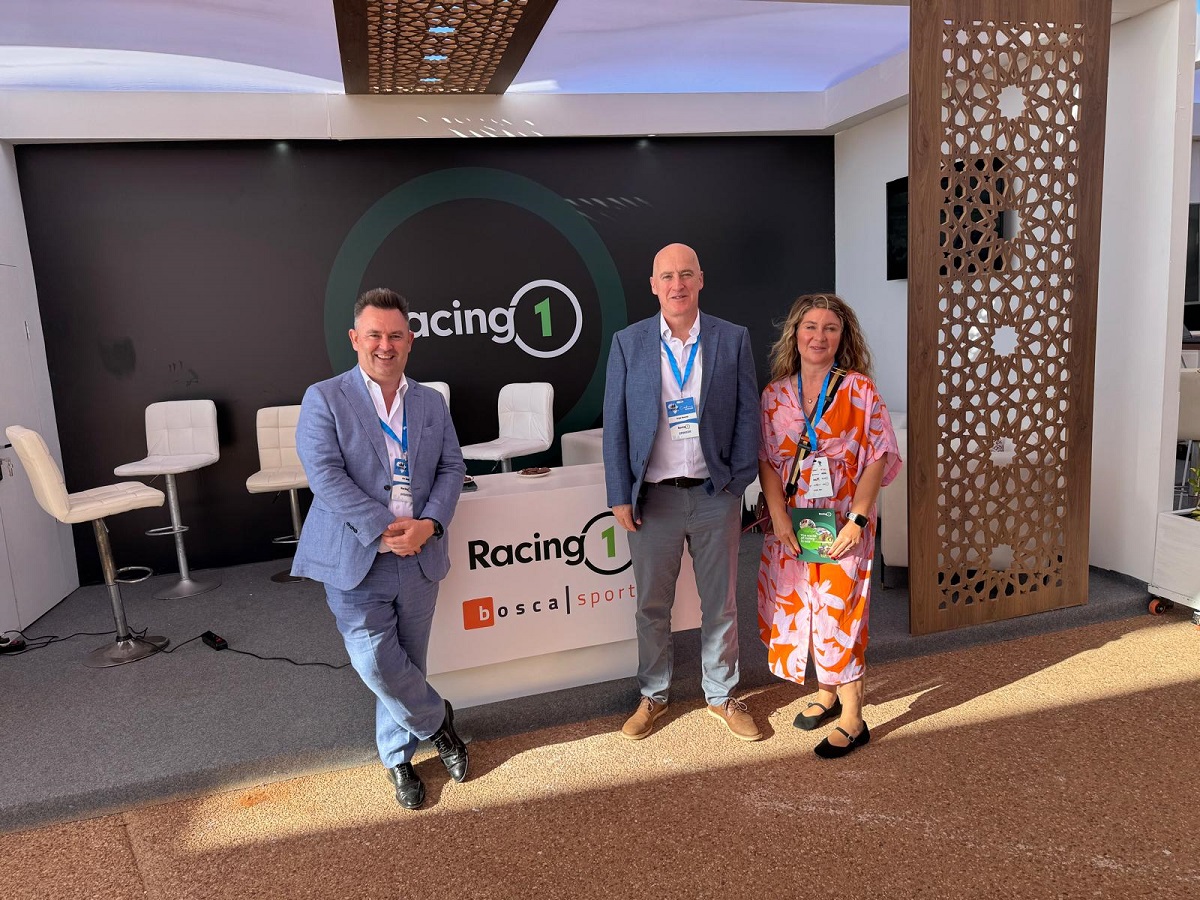
 Africa7 days ago
Africa7 days agoRacing1 is exhibiting for the first time at the Grand Prix D’Afrique
-

 Asia7 days ago
Asia7 days agoTesla to showcase Model Y with NODWIN Gaming at the thrilling BGMS Season 4 Grand Finals
-

 Compliance Updates7 days ago
Compliance Updates7 days agoSOFTSWISS Compliance Expert Shares Knowledge on AML in iGaming for Sumsub Academy
-

 Latest News7 days ago
Latest News7 days agoÅland-Based Gaming Company Paf Becomes Main Partner of the Finnish Ski Association – One of the Most Significant Sponsorship Agreements in the Association’s History
-

 Latest News7 days ago
Latest News7 days agoKaizen Gaming data – FC Barcelona the fan favourite to win the Champions League
-

 Latest News7 days ago
Latest News7 days agoAnimo Studios debuts virtual hosts for live table games starting with Stake
-

 Latest News6 days ago
Latest News6 days agoWeek 37/2025 slot games releases













